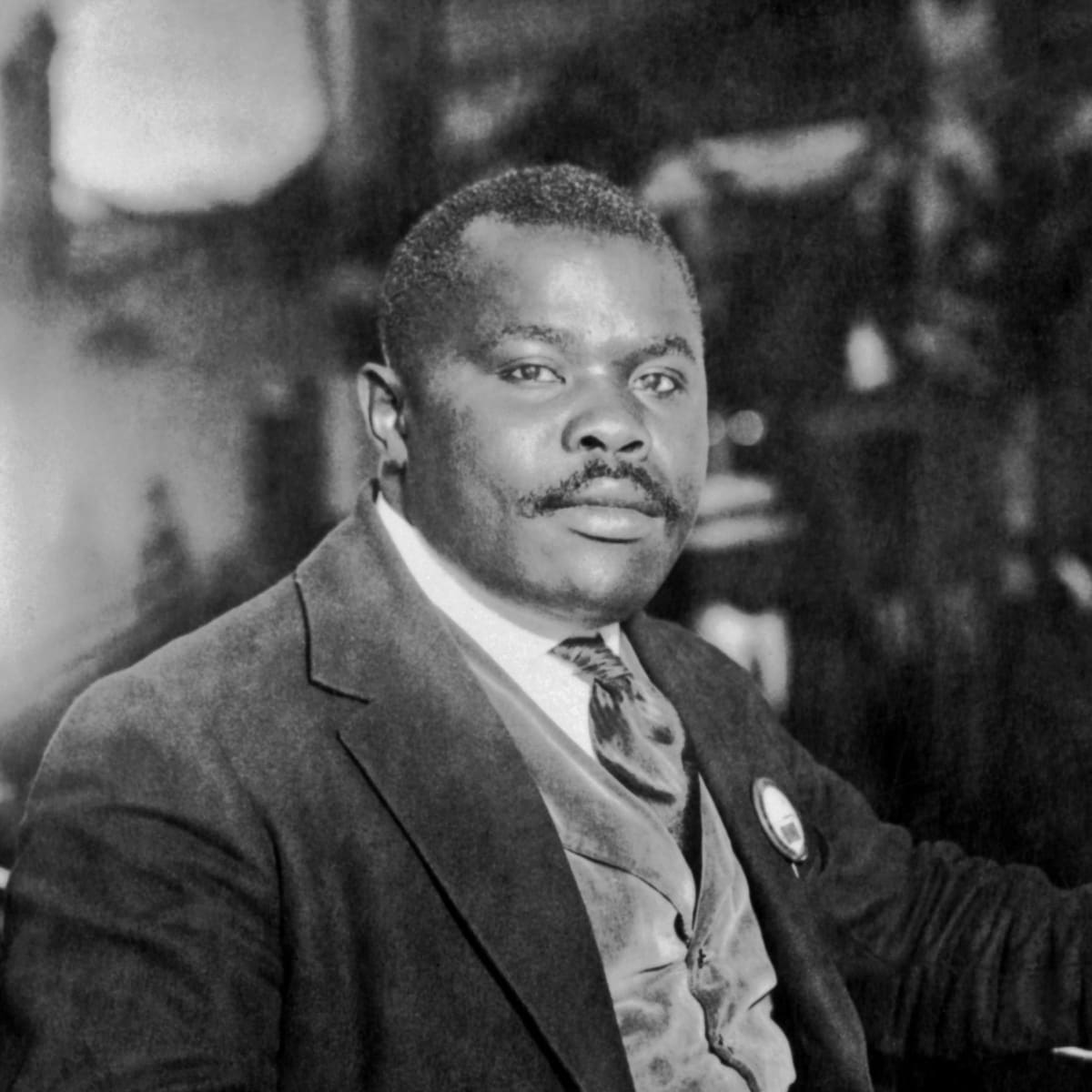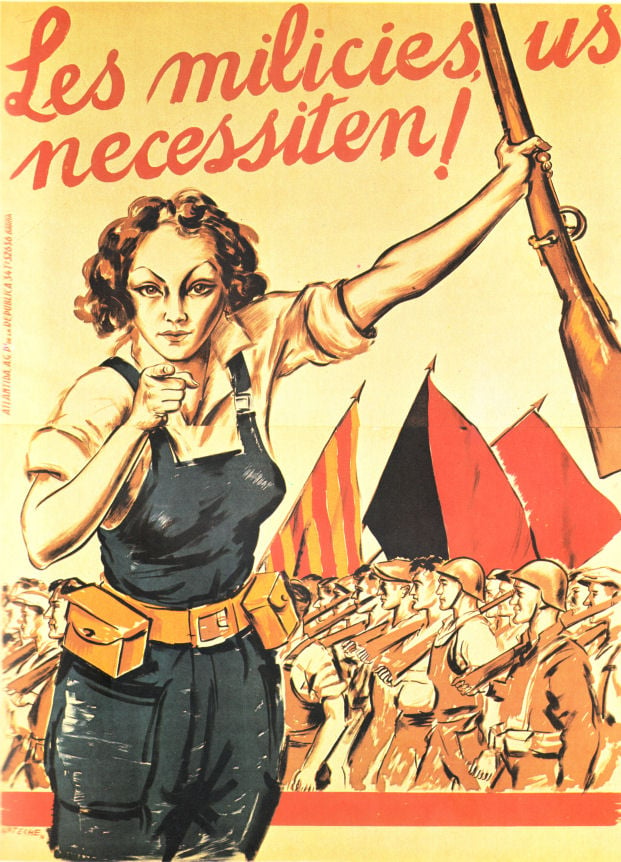Marcus Garvey (1887 - 1940)
Wed Aug 17, 1887

Marcus Garvey, born on this day in 1887, was a Jamaican political activist, author, and orator who became one of the most influential black nationalist and Pan-Africanist leaders of the 20th century.
Garvey was born to a moderately prosperous Afro-Jamaican family in Saint Ann’s Bay, Jamaica, and apprenticed into the print trade as a teenager. Working in Kingston, he became involved in trade unionism before living briefly in Costa Rica, Panama, and England.
Greatly influenced by Booker T. Washington’s autobiography “Up From Slavery”, Garvey began to support economic separatism and social segregation. In 1914, he founded the Universal Negro Improvement Association and African Communities League (UNIA-ACL, commonly known as UNIA), through which he declared himself Provisional President of Africa. Ideologically a black nationalist and Pan-Africanist, his ideas came to be known as “Garveyism”.
Garvey launched various businesses in the U.S., including the Negro Factories Corporation and Negro World newspaper. In 1919, he became President of the Black Star Line shipping and passenger company, designed to forge a link between North America and Africa and facilitate African-American migration to Liberia.
In 1923, Garvey was convicted of mail fraud for selling the company’s stock and imprisoned in the U.S. Penitentiary Atlanta for nearly two years. Garvey blamed Jewish people for his sentence, claiming that they were prejudiced against him because of his links to the Ku Klux Klan, whom he had collaborated with on the basis of their shared goal of racial separatism.
Garvey’s influence has been repeatedly emphasized by black intellectuals - Kwame Nkrumah cited “The Philosophy and Opinions of Marcus Garvey” as the text that most inspired him, American writer Ta-Nehisi Coates described Garvey as the “patron saint” of the black nationalist movement, and scholar Molefi Kete Asante included Garvey on his list of 100 Greatest African Americans.
Those who dissented from this view include W.E.B. Du Bois, who, after hearing of Garvey’s meeting with the KKK, called him the greatest enemy of the Negro race, and radical labor organizer A. Philip Randolph, who stated that Garvey and Garveyism should be purged from American soil.
Garvey spent his last years in Jamaica trying to revive his political fortunes. He died in London, England in 1940.
“A people without the knowledge of their past history, origin and culture is like a tree without roots.”
- Marcus Garvey
- Date: 1887-08-17
- Learn More: www.blackpast.org, www.pbs.org, www.jpanafrican.org, en.wikipedia.org.
- Tags: #Labor, #Pan-Africanism, #Birthdays.
- Source: www.apeoplescalendar.org


I’ve heard him bigged up in hip-hop and reggae lyrics, though didn’t know he was on the same page as the KKK. That certainly puts a new spin on things.
My only cultural clue was Neuromancer (it’s the name of the tug that brings Case to the Spindle). I’m very white and very nerdy ;)
He is considered one of the divinely inspired prophets of the Rastafarian faith. I’m surprised by the anti semitic bit, as rastamen are pretty big on Israelite imagery and theology.